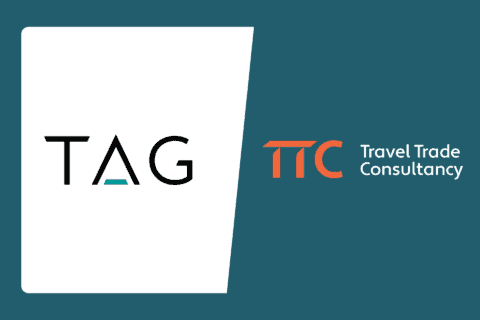The tone of Jeremy Hunt’s Autumn Statement was worlds away from that of the disastrous mini-budget in September. The new Chancellor made it clear that although everyone would feel the pinch, he didn’t want to do anything too extreme.
You can view the full budget announcement on Gov.uk, but here are four considerations for travel business owners.
1 – Business rates revaluation from April 2023 may increase your tax bill
From 1 April 2023, if you own any non-domestic property, such as offices, the rateable value of the properties will change. This means that your business rates bill may increase.
You should get to grips with the impact this will have on your business sooner rather than later. Look at what your rateable value is likely to be and whether the revaluation will increase or decrease your bill.
If your bill is increasing from 1 April 2023, here is a breakdown of the new rates:
| Rateable value | 2023 to 2024 | 2024 to 2025 | 2025 to 2026 |
| Up to £20,000 (£28,000 in London) | 5% | 10% plus inflation | 25% plus inflation |
| £20,001 (£28,001 in London) to £100,000 | 15% | 25% plus inflation | 40% plus inflation |
| Over £100,000 | 30% | 40% plus inflation | 55% plus inflation |
You may qualify for transitional relief, which applies to retail, hospitality and leisure businesses. Although, be aware this is most likely to apply to travel firms that own a shop.
As with other reliefs throughout the pandemic, the local council distributes this, so it can be dependent on their interpretation of the relief. If you think you may qualify, we advise you to contact them as soon as possible.
You can find out more on Gov.uk.
2 – Cuts to R&D tax allowances may hamper the travel sector’s growth
Over the past few years, research and development (R&D) tax credits have been helpful for travel businesses as they incentivise investment in technology. However, the Chancellor announced a cut in the enhancement rate from 130% to 86% and the SME tax credit rate from 14.5% to 10% from April 2023, making the scheme less attractive.
3 – Dividends and capital gains cuts mean increased tax bills and admin
From April 2023, the dividends allowance will be £1,000 per year, down from £2,000. From April 2024, this is halved to £500 per year.
Travel business owners who remunerate themselves with dividends will experience higher tax bills as the gap between dividends and salaries narrows.
The government has also cut the annual exempt allowance for capital gains tax from April 2023. This will result in increased taxes and additional administrative costs for those gains that now need to be reported where they fall beyond the threshold.
4 – Stability may help consumers feel confident about booking a holiday
Although disposable income has shrunk across the board, the budget has calmed the markets. The energy price cap is increasing slightly, but at least we know it’s staying, meaning consumers have more clarity. This will hopefully give people needing a holiday after the pandemic the confidence to book a trip.
Please get in touch with our team If you want to discuss how the Autumn Statement changes may impact your business.
Join our newsletter
If you enjoyed this post, why not sign up to our newsletter? Get our latest blog posts, industry updates and exclusive content.
Sign up


